Eddie Cantor shares several things with Al Jolson — manic energy, a sexually ambiguous screen persona, a shared Russian Jewish background, and a tendency to bring their trademark blackface stage routines to the screen. It is this last that makes them difficult for some to appreciate today — especially, those who have trouble looking at things in the context of when they were done and who ignore intent. (Cantor never took it as far as Jolson, who played the entire 1930 film Big Boy in blackface — just as he had on the stage.) Unfortunately, all of Cantor’s best films — made between 1930 and 1934 — have blackface numbers, making them little seen today. (The Disney Channel once ran The Kid from Spain with the number removed, which did nobody any favors.) The truth is, of course, that no one thought much about it at the time. It was a stage convention — even black performers like Bert Williams wore blackface as part of their stage persona — and it traveled to the movies. Personally, I find it more bizarre than offensive in the cases of Cantor and Jolson. Here you have two Russian Jews playing Gentile characters with Anglicized names — while often cracking jokes about being Jewish — and performing musical numbers in blackface. Whatever else that is, it’s downright strange. In the Cantor films, it’s often worked into a plot where Eddie is in disguise for one reason or another.
Setting aside the blackface issue, The Kid from Spain is simply a wild pre-Code musical comedy. It hews very closely to the premise established in Whoopee! with Eddie being friends with the romantic lead — in this case, Robert Young with sideburns and a mustache to prove he’s Mexican — who is being kept from marrying the girl of his dreams by her father. Being a good sort — and the comic foil — Eddie ends up getting involved in fixing things. Here, Eddie has enough trouble of his own, since the U.S. cops are after him for being (innocently) involved in a bank robbery. He also has the misfortune of having been palmed off as a great bullfighter.
Then things get worse when he gets tangled up with sexy Lyda Roberti (apparently, a Polish Mexican), who just happens to be the girlfriend (though she’s not keen on it) of one of the bad guy’s thugs. Looking back over the course of the film, it’s obvious that almost everything that happens to Eddie is the result of being friends with Robert Young — from being kicked out of school to being presented as a bullfighter to getting involved with Roberti. It’s hard not to question this friendship.
Of course, none of it is meant to be taken seriously. It’s just gags and jokes and songs. The latter are staged and directed by Busby Berkeley, who worked on all of Cantor’s movies through Roman Scandals (1933). Yes, the numbers here are not quite up to the ones Berkeley would become famous for at Warner Bros., but his opening ensemble with the Goldwyn Girls (including Paulette Godard and Betty Grable) as improbable co-eds getting ready for school is the template for the “By a Waterfall” in Footlight Parade (1933). That he’s working with some first-rate Bert Kalmar-Harry Ruby (who also worked on the screeplay) songs helps.
The teaming of Cantor and Roberti — fresh from playing the vamp Mata Machree (“the woman no man can resist”) in Million Dollar Legs — was an inspiration. The tragic Roberti (she died of a heart attack at the age of 31 in 1938) with her straightforward sexiness and mangled English made her perfect for Cantor. Playing a ditzier character here than she had in Million Dollar Legs made her more appealing without dimming her comic potential or her brazen man-chasing. It’s unfortunate she and Cantor only made this one film together.
The film also marked the beginning of Leo McCarey’s run of making films with all the great comics of the era. From Cantor he went to the Marx Brothers, W.C. Fields, and Mae West. After that — apart from one film with Harold Lloyd a little later — McCarey would make Ruggles of Red Gap (1935) and become a slightly more serious filmmaker. Of course, this was not his first bout with a great comic, since McCarey — working both as director and supervisor — had helped to create the mature screen team of Laurel and Hardy in the silent era. The Kid from Spain probably has less of his fingerprints on it than his later films, but there’s no denying that it has his trademark humor.
The Asheville Film Society will screen The Kid from Spain Tuesday, Aug. 25, at 8 p.m. in Theater Six at The Carolina Asheville and will be hosted by Xpress movie critics Ken Hanke and Justin Souther.



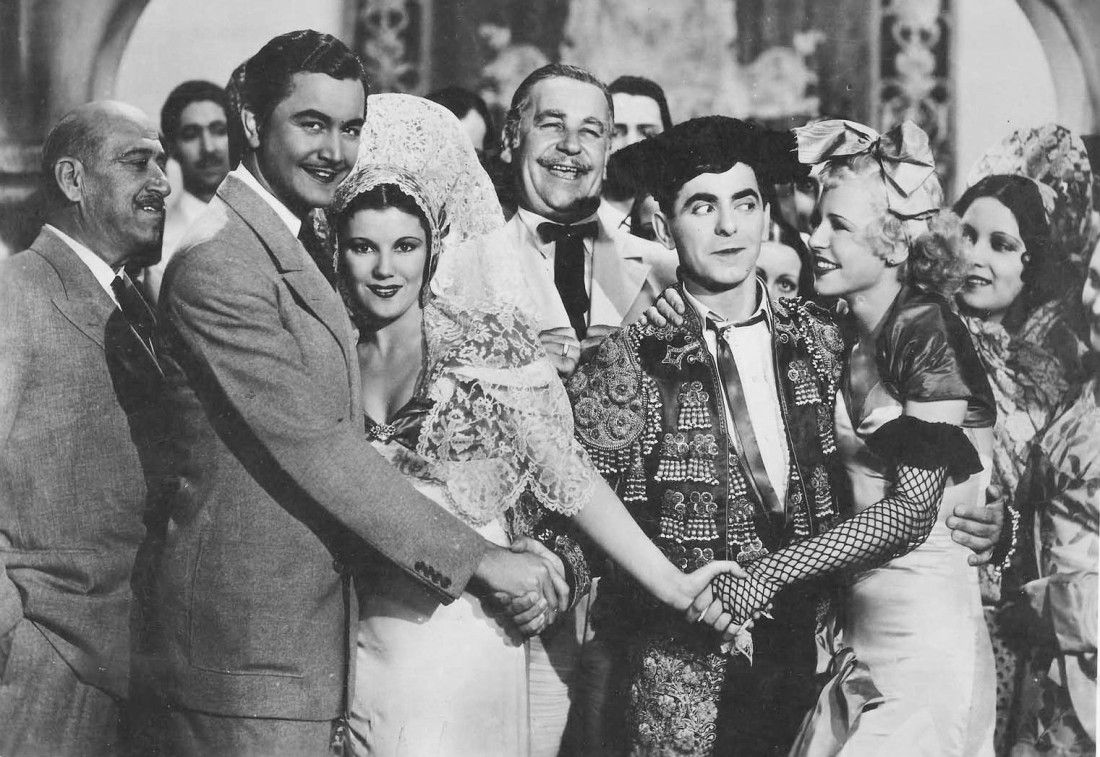
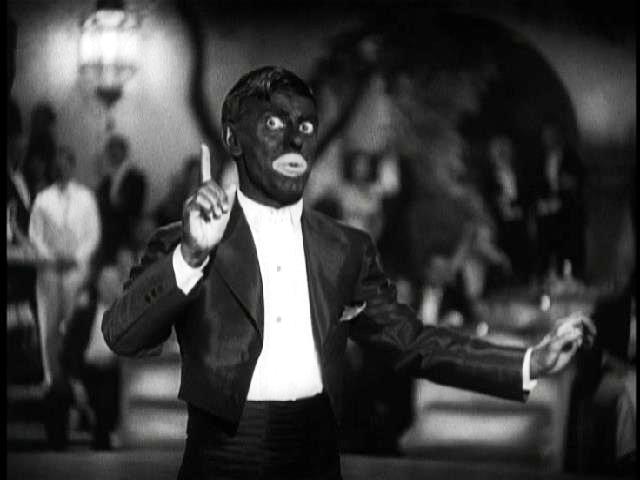
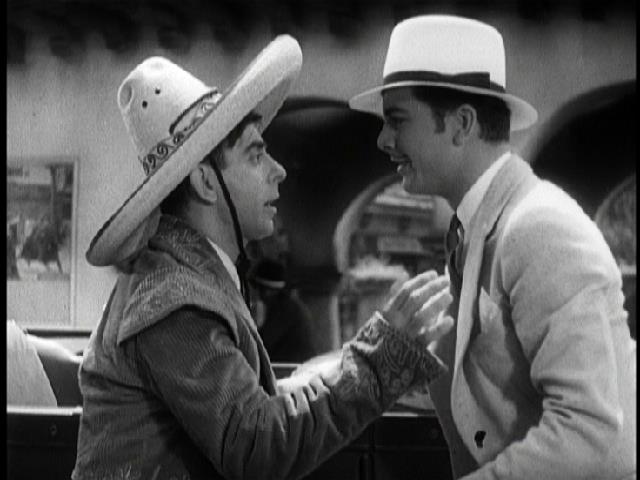
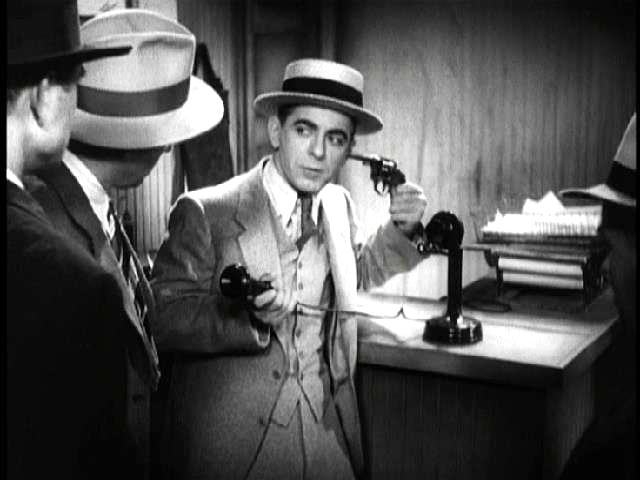
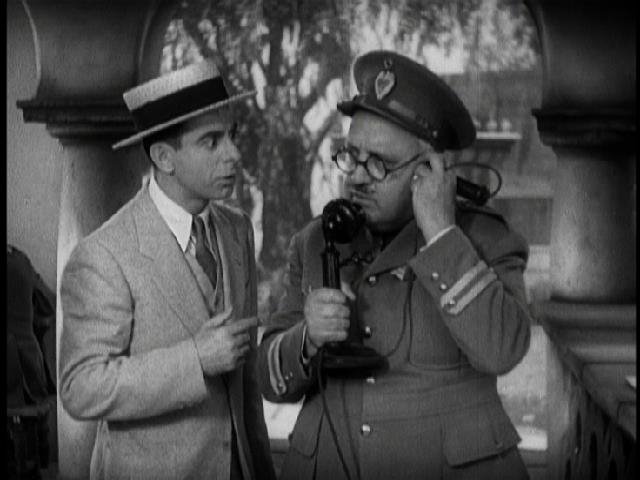
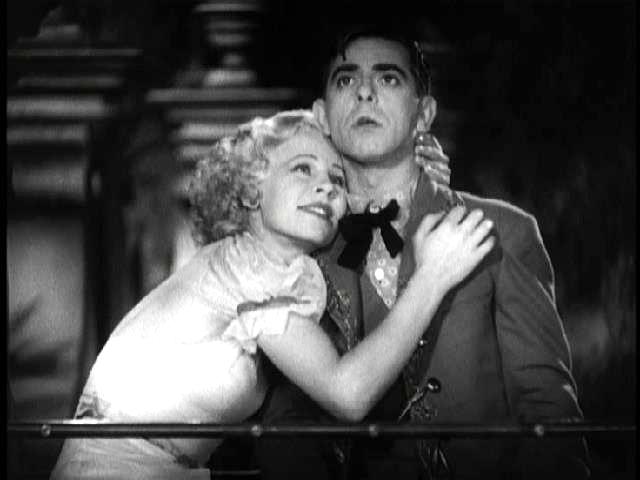
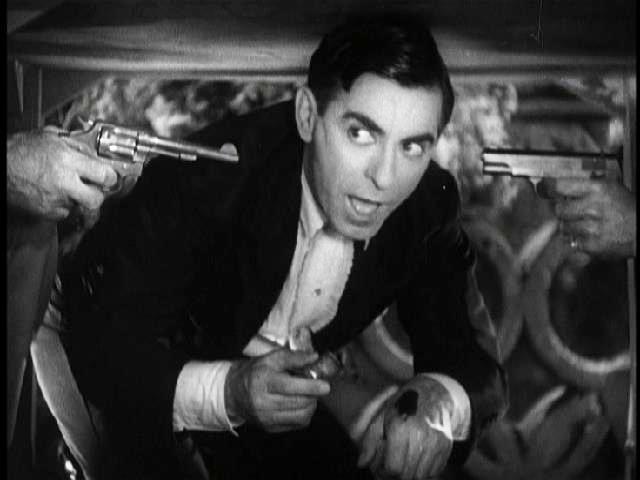
Before you comment
The comments section is here to provide a platform for civil dialogue on the issues we face together as a local community. Xpress is committed to offering this platform for all voices, but when the tone of the discussion gets nasty or strays off topic, we believe many people choose not to participate. Xpress editors are determined to moderate comments to ensure a constructive interchange is maintained. All comments judged not to be in keeping with the spirit of civil discourse will be removed and repeat violators will be banned. See here for our terms of service. Thank you for being part of this effort to promote respectful discussion.